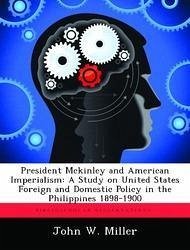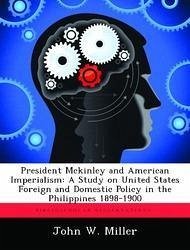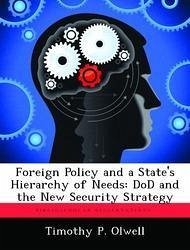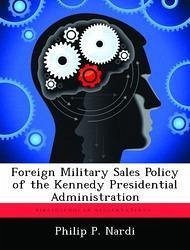Nicht lieferbar
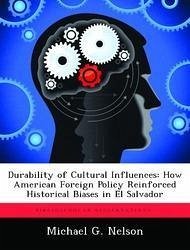
Durability of Cultural Influences: How American Foreign Policy Reinforced Historical Biases in El Salvador
Versandkostenfrei!
Nicht lieferbar
A confluence of factors led to American engagement in one of Central America's most violent uprisings: the Salvadoran civil war. By the time of President Ronald Reagan's first term as president, the civil war had created social, political and economic fissures within the Salvadoran state; these fissures presented the United States the opportunity to promote its policy agenda with the Central American country. Reagan's administration, however, got off to a slow start; his first-term approaches to Salvadoran engagement yielded very little and may have actually exacerbated the negative influences...
A confluence of factors led to American engagement in one of Central America's most violent uprisings: the Salvadoran civil war. By the time of President Ronald Reagan's first term as president, the civil war had created social, political and economic fissures within the Salvadoran state; these fissures presented the United States the opportunity to promote its policy agenda with the Central American country. Reagan's administration, however, got off to a slow start; his first-term approaches to Salvadoran engagement yielded very little and may have actually exacerbated the negative influences affecting the state. This monograph attempts to portray the American and El Salvadoran relationship during Reagan's first term as one defined by strategic interactions. These interactions occurred when American policy attempted to modify the Salvadoran system. Without delving into specific initiatives, the analysis will show how Reagan's administration was stimulated by distinct impulses, or influences, which not only encouraged engagement, but also molded policy. Among those influences, doctrinal precedents within the executive and the ideological leanings of President Reagan were the two areas that appeared to dominate Reagan's interaction with El Salvador. In order to succeed, theses influences would have to accommodate elements of Salvadoran history and culture, lest policy implementation fail. Unfortunately neither of those influences encouraged the administration to obtain a full understanding of the situation prior to or during policy implementation. When American policy interacted with Central American history and culture, the resulting messages failed to resonate with the Salvadoran populace and efforts to change the system for the better fell flat. In the end, while the American administration interpreted its engagement as purely legitimate and rational, the Salvadoran body politic remained unconvinced the United States offered a better system of governance than the




